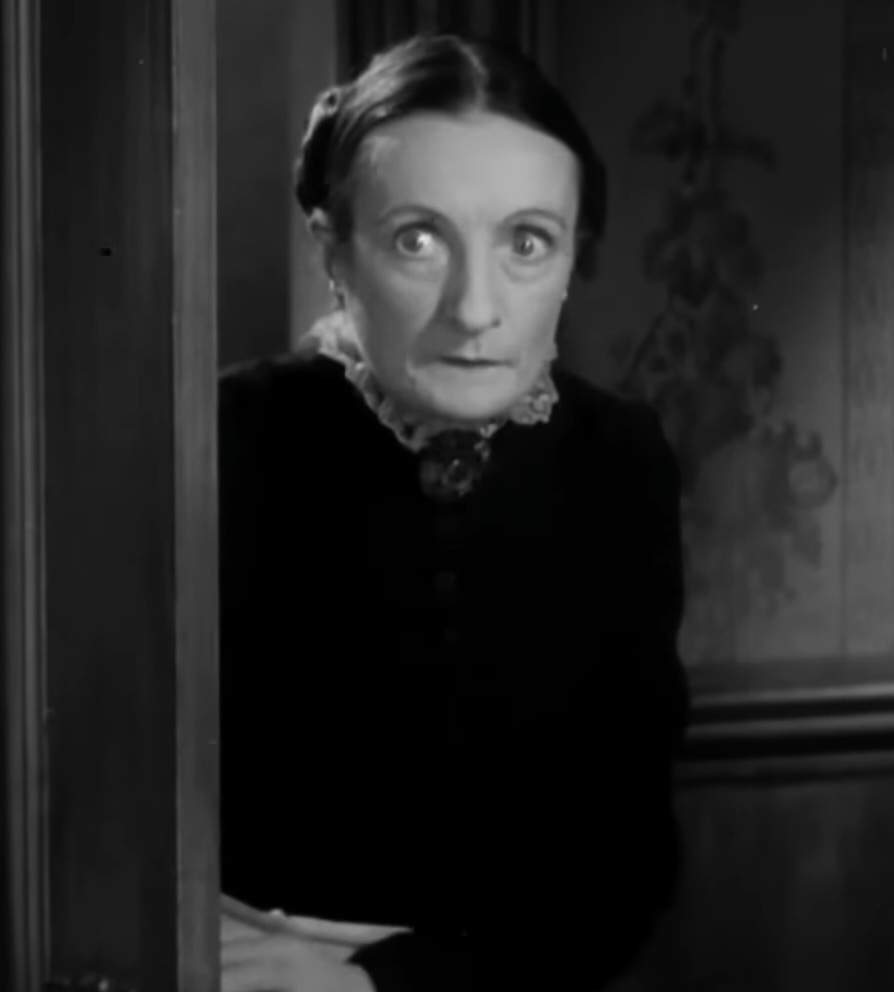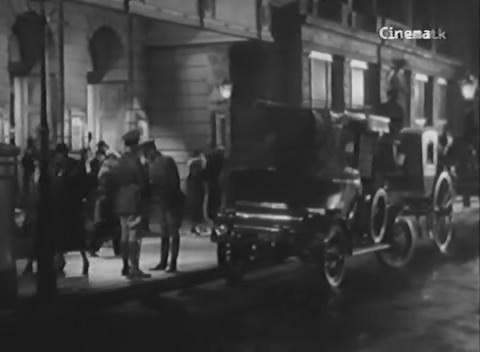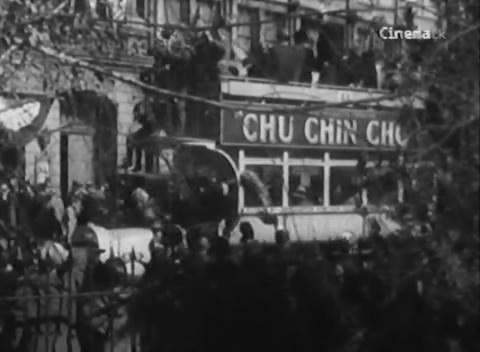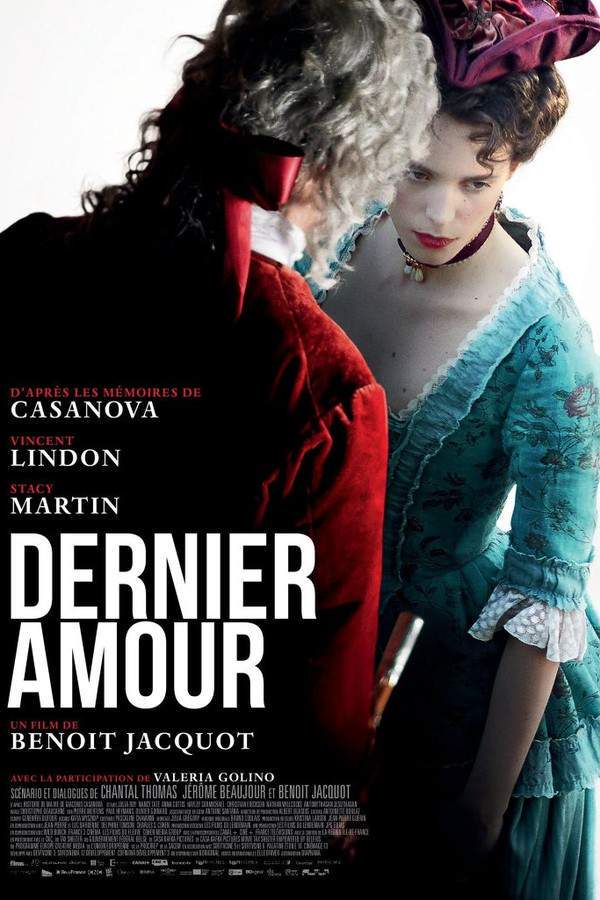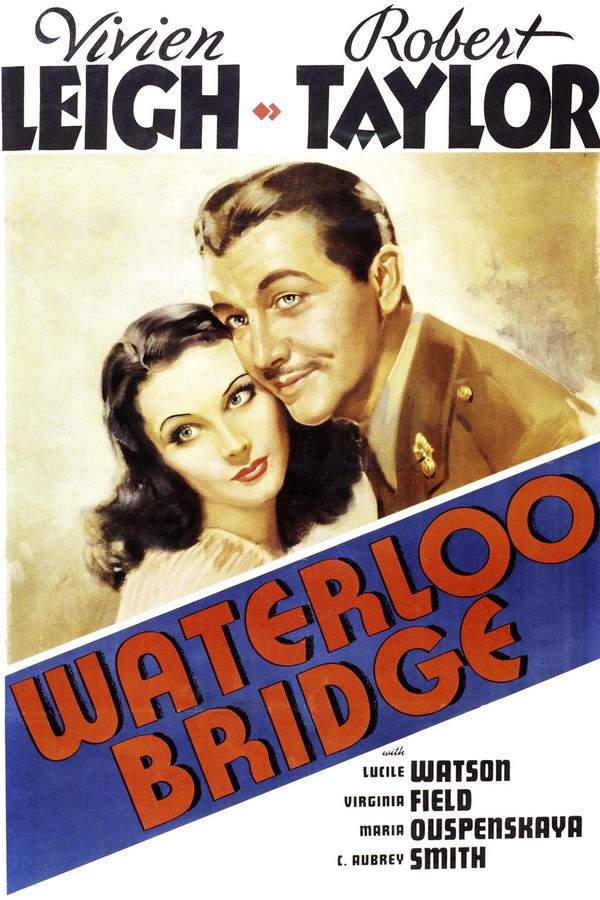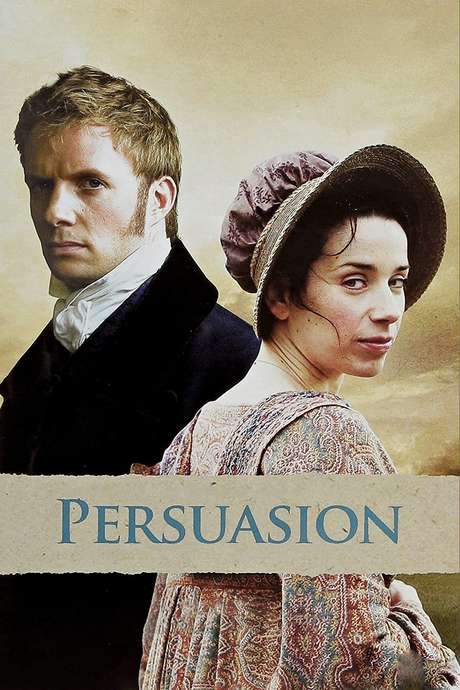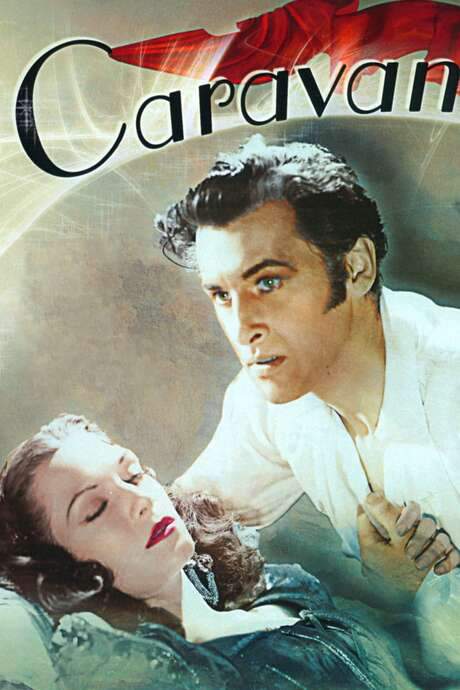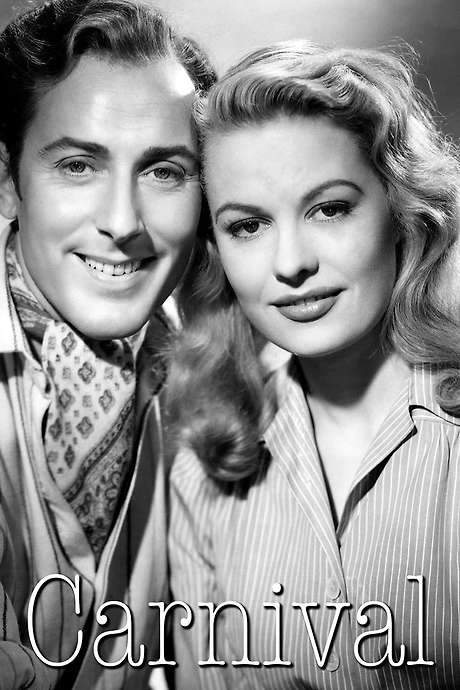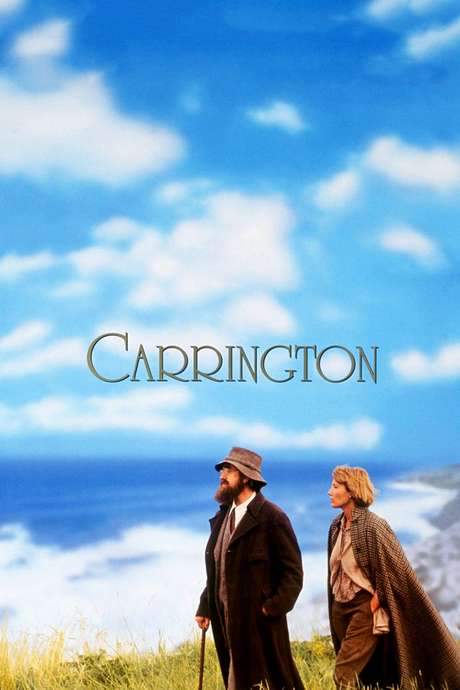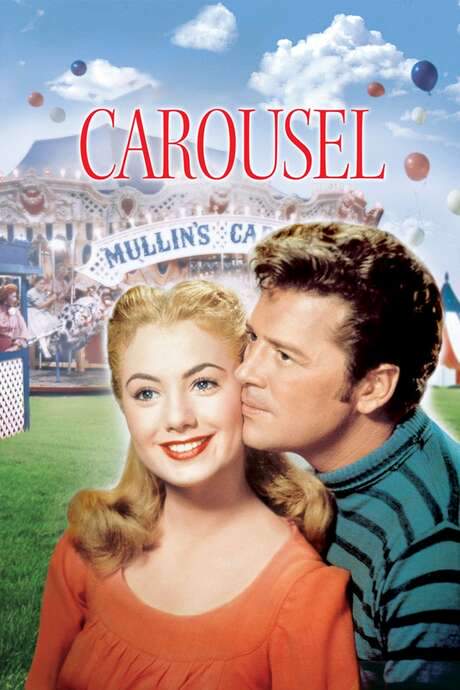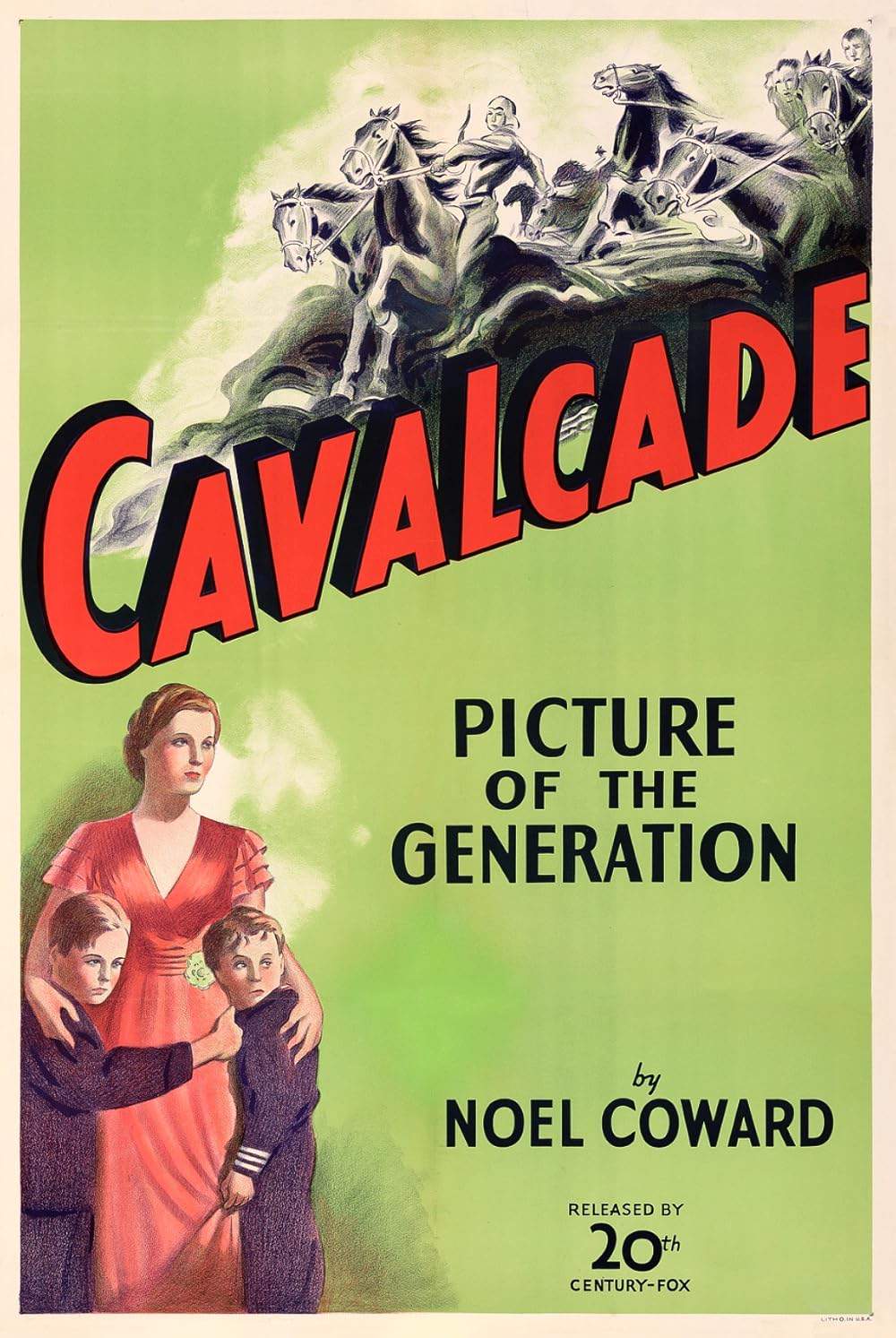
Across a period of twenty-five years, the lives of two English families—the wealthy Marryots and the less fortunate Bridgeses—are intertwined by the major events of a changing world. Beginning with the Victorian era, they experience the excitement and optimism of the early 1900s, the devastation of World War I, and the social changes of the interwar period. The narrative explores their personal journeys through love, loss, and the enduring strength of the human spirit as they adapt to a rapidly evolving society.
Does Cavalcade have end credit scenes?
No!
Cavalcade does not have end credit scenes. You can leave when the credits roll.
Meet the Full Cast and Actors of Cavalcade
Explore the complete cast of Cavalcade, including both lead and supporting actors. Learn who plays each character, discover their past roles and achievements, and find out what makes this ensemble cast stand out in the world of film and television.
External Links and Streaming Options
Discover where to watch Cavalcade online, including streaming platforms, rental options, and official sources. Compare reviews, ratings, and in-depth movie information across sites like IMDb, TMDb, Wikipedia or Rotten Tomatoes.
Ratings and Reviews for Cavalcade
See how Cavalcade is rated across major platforms like IMDb, Metacritic, and TMDb. Compare audience scores and critic reviews to understand where Cavalcade stands among top-rated movies in its genre.

73
Metascore
tbd
User Score

5.8 /10
IMDb Rating

55
%
User Score
Take the Ultimate Cavalcade Movie Quiz
Challenge your knowledge of Cavalcade with this fun and interactive movie quiz. Test yourself on key plot points, iconic characters, hidden details, and memorable moments to see how well you really know the film.
Cavalcade Quiz: Test your knowledge on the poignant historical drama 'Cavalcade' from 1933, exploring its rich themes and character journeys.
What significant event is the Marryot household celebrating at the beginning of the film?
The anniversary of their marriage
The birth of their son
The turn of the century
A national holiday
Show hint
Awards & Nominations for Cavalcade
Discover all the awards and nominations received by Cavalcade, from Oscars to film festival honors. Learn how Cavalcade and its cast and crew have been recognized by critics and the industry alike.
6th Academy Awards 1934
Art Direction
Outstanding Production
Full Plot Summary and Ending Explained for Cavalcade
Read the complete plot summary of Cavalcade, including all major events, twists, and the full ending explained in detail. Explore key characters, themes, hidden meanings, and everything you need to understand the story from beginning to end.
Throughout the film, the passage of time is marked by title cards featuring dates, accompanied by a Medieval cavalcade in the background. On New Year’s Eve 1899, the affluent couple Jane (Diana Wynyard) and Robert Marryot (Clive Brook) arrive home at their London townhouse to uphold their tradition of toasting the new year. Jane expresses her worries as Robert, who has signed up to be an officer in the City of London Imperial Volunteers (CIV), is set to depart for the Second Boer War, where her brother is already engaged in battle. Their loyal butler, Alfred Bridges (Herbert Mundin), is also leaving for war as a private, prompting concern from his wife, Ellen (Una O’Connor), and her mother, Mrs. Snapper (Tempe Pigott), who fear for the well-being of Ellen and their infant daughter, Fanny. Despite the impending dangers, Alfred remains optimistic. At the stroke of midnight, the Marryots and Bridges families raise their glasses to welcome the new century.
Following this, Jane and Ellen share tearful goodbyes with their husbands as they embark on the same ship. Keeping Jane company is Margaret Harris (Irene Browne), who provides support while Robert is away. During a night at the opera, excitement breaks out as the relief of Mafeking is declared from the stage, leading to an uproar of applause. Upon their return, Robert is knighted for his service. With his newfound fortune, Alfred shocks everyone by announcing that he has purchased a pub—his and Ellen’s ticket out of service life, marking a new chapter for them and their family.
Fast forward to 1908, the story tightens as Alfred’s struggle with alcoholism spirals, leading to the mismanagement of their pub, all while he squanders the family’s rent money on drinks. Ellen and Fanny ([Bonita Granville]) are left to bear the weight of Alfred’s disgrace. To regain some dignity, Ellen meticulously orchestrates a gathering with the Marryots, who are now eager to visit. Despite planning to keep Alfred in the dark about the occasion, chaos ensues when he drunkenly bursts in, vandalizing Jane’s gift to Fanny—a cherished doll. In a heart-wrenching turn, Fanny flees outdoors, and Alfred’s reckless pursuit results in a tragic accident involving a horse-drawn fire engine, claiming his life.
On July 25, 1909, while at the seaside, Ellen and Fanny happen upon the Marryots. Ellen shares how she has taken over the pub and that Fanny, now blossoming into a remarkable dancer and singer, supports their endeavors. Meanwhile, Edward, now attending the University of Oxford, is smitten with his childhood companion, Edith Harris ([Margaret Lindsay]). The families witness the historic victory as Louis Blériot completes his groundbreaking flight across the English Channel.
As the timeline progresses to April 1912, Edward and Edith have wed and are luxuriating on their honeymoon aboard the ill-fated RMS Titanic, a fate only hinted at later in the dialogue. The scene shifts again with the onset of World War I in 1914, as both Robert and Joe ([Frank Lawton]) enlist, naïvely believing that the conflict will resolve swiftly. During his leave, Joe reconnects with Fanny ([Ursula Jeans]), who is captivating audiences in a nightclub. Their relationship flourishes amid the chaos and danger of war, culminating in Joe’s heartfelt proposal, but Fanny’s hesitation stems from their stark class differences.
The conflict escalates, leading to an agonizing moment in 1918 when Jane is struck by the news of Joe’s death in battle, just as Ellen confronts her about Joe’s relationship with Fanny, beseeching her to ensure they marry. Racked with grief, Jane wanders through the armistice celebrations in Trafalgar Square, overwhelmed by loss.
The film concludes with a montage showcasing the upheaval of daily life and the shifting social order, as voices rise calling for peace. The final scene brings us to New Year’s Day 1933, where an elderly Jane and Robert continue the cherished tradition of toasting the new year, reflecting on their past and hopeful for the future.
Uncover the Details: Timeline, Characters, Themes, and Beyond!

Coming soon on iOS and Android
The Plot Explained Mobile App
From blockbusters to hidden gems — dive into movie stories anytime, anywhere. Save your favorites, discover plots faster, and never miss a twist again.
Sign up to be the first to know when we launch. Your email stays private — always.
Watch Trailers, Clips & Behind-the-Scenes for Cavalcade
Watch official trailers, exclusive clips, cast interviews, and behind-the-scenes footage from Cavalcade. Dive deeper into the making of the film, its standout moments, and key production insights.
Cars Featured in Cavalcade
Explore all cars featured in Cavalcade, including their makes, models, scenes they appear in, and their significance to the plot. A must-read for car enthusiasts and movie buffs alike.
Cavalcade Themes and Keywords
Discover the central themes, ideas, and keywords that define the movie’s story, tone, and message. Analyze the film’s deeper meanings, genre influences, and recurring concepts.
Cavalcade Other Names and Titles
Explore the various alternative titles, translations, and other names used for Cavalcade across different regions and languages. Understand how the film is marketed and recognized worldwide.
Similar Movies To Cavalcade You Should Know About
Browse a curated list of movies similar in genre, tone, characters, or story structure. Discover new titles like the one you're watching, perfect for fans of related plots, vibes, or cinematic styles.
Quick Links: Summary, Cast, Ratings, More

What's After the Movie?
Not sure whether to stay after the credits? Find out!
Explore Our Movie Platform
New Movie Releases (2026)
Famous Movie Actors
Top Film Production Studios
Movie Plot Summaries & Endings
Major Movie Awards & Winners
Best Concert Films & Music Documentaries
Movie Collections and Curated Lists
© 2026 What's After the Movie. All rights reserved.



